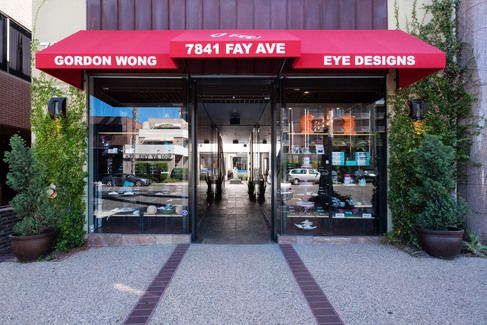What You Should Know About Presbyopia
 There are plenty of vision issues and problems with eye health that may affect your overall quality of life. Thankfully there are plenty of ways that you can enhance and improve your eye health. Optometrists and eye care specialists will help determine the ideal treatment option for you and your needs. Sometimes these treatments are surgical in nature, and other times they are non-surgical. We will make sure that you receive the ideal treatment for you and your needs no matter what.
There are plenty of vision issues and problems with eye health that may affect your overall quality of life. Thankfully there are plenty of ways that you can enhance and improve your eye health. Optometrists and eye care specialists will help determine the ideal treatment option for you and your needs. Sometimes these treatments are surgical in nature, and other times they are non-surgical. We will make sure that you receive the ideal treatment for you and your needs no matter what.
Right now we'd like to consider the nature of presbyopia, which is a common issue that people face as they get older.
About Presbyopia
Presbyopia refers to age-related farsightedness. It is common in people who are middle-aged and older; the older a person is, the more likely they are to suffer from presbyopia.
Causes of Presbyopia
The natural aging process is the primary cause of presbyopia. In terms of the actual mechanism that triggers the vision problems to occur, it is believed that the age-related farsightedness is the result of the loss of flexibility in the lens of the eye as well as problems with the muscles that control the lens of the eye.
Signs and Symptoms of Presbyopia
The most common signs and symptoms of presbyopia include:
- Blurring of reading materials
- Gradual difficulty seeing nearby objects
- Changes in glasses/contacts prescription with age
Presbyopia is often diagnosed during regular eye exams or even during your routine physical.
Is presbyopia avoidable?
No, not really. It is a common part of the aging process. While the degree of the farsightedness will vary from patient to patient, the issue itself is not something that can be avoided per se.
Surgical Treatments for Presbyopia
There are a number of surgical treatments that can offset or reverse the effects of presbyopia. One option is known as monovision LASIK, which involve the correction of one eye for near vision while the other eye goes uncorrected. Another common surgical treatment involves intraocular lenses (IOLs), which are artificial lenses that are used to completely replace the natural lens of the eye.
Non-Surgical Treatments for Presbyopia
In terms of non-invasive treatments for presbyopia, the most common options to consider are new glasses or contacts or the use of bifocals. For some patients, two pairs of glasses can be used for treatment: one pair of glasses for reading and near vision purposes, the other pair for general distance vision needs.
Making the Best Decisions to Meet Your Needs
There is no one right way to treat presbyopia. When you stop by for a consultation, we will carefully consider all options and provide you with information on any risks and benefits involved so you can make empowered decisions about your needs. We will ensure that your prescription glasses enhance your vision and look great on you, and we will also make sure that any surgical treatments are safe and properly meet your eye care needs.
Learn More About Your Options for Advanced Eye Care
If you would like to learn more about presbyopia and your many different treatment options available for this kind of farsightedness, be sure to contact our La Jolla eye care and vision correction specialists today. The entire team here looks forward to meeting you in person and helping you achieve excellent eye health and vision quality.


